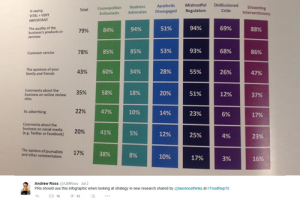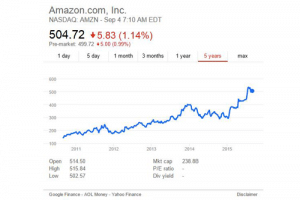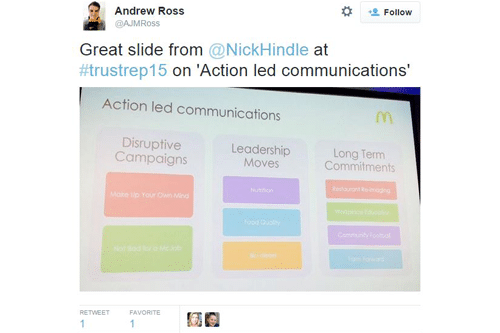I’ve just finished reading Trust me, PR is Dead.
As someone who’s only ever worked in a small PR agency, and one which operates and thinks along the same lines as the author does, the arguments made in the book just seem like common sense to me. Why would anyone not want to run an organisation by the values it claims to adhere to? Why would they not back up their words with actions?
Unfortunately, I know that many big businesses don’t operate that way. As shown by the examples in the book, business leaders often want to know what the right thing to say is – they key words that will get the brand out of trouble, or suddenly make it okay for the CEO to take a massive pay rise while the business is making redundancies due to poor performance.
Words aren’t enough to foster trust
Robert Phillips speaks truths that people in big PR agencies need to hear, but, as he points out several times in the book, if people are unwilling to listen and to act on what you say, nothing is going to change.
Trust isn’t built overnight; neither is it built through words alone – but through action.
- Vision can’t just be some creative ideal that those in the business reach for. It has to be real. It has to be based on what the business has done, and what it aspires to do. It has to be realistic, achievable and measurable.
- Leaders must be accountable to customers and employees alike. Only then can a business begin to develop a culture of accountability, where everyone in the organisation accounts for their actions – which means everything we do has to be measurable.
- Business leaders have to trust those they work with. They need to build them up, empower them to make decisions for themselves. To trust them to do what they say they’ll do.
- Phillips also argues that trusted leaders are advocates for change. They don’t fester in the corner office, desperately trying to keep things as they are. They push forward, look at where business and society as a whole is going, or where they think it should go, and they encourage innovation, even if it ultimately does more good for others than it does themselves.
The PR industry
Phillips maintains that large PR consultancy models are broken. I’ve only ever worked for one small agency – Carrot. Phillips argues that PR is facing several threats:
- Businesses are starting to become familiar to using data to gain insight into key areas of operation. In the world of big data, AVEs just don’t cut it. Decision makers want to see what works and what doesn’t, not some abstract, archaic guess at value.
- Business leaders care about the outcome more than outputs. Creative content, award winning social media campaigns and excellent copywriting is essential, but what did these things achieve for the business?
- Phillips says that “PR currently speaks to hierarchies in a world of networks.” Agencies need to realise that, in the world of social media, power lies with the average person, and their network of friends and influencers, not with the opinion makers of old.
- PR campaigns suffer from too narrow a focus; like redecorating the flat when the roof’s about to fall in. PR needs to look at wider issues and ideas.
- Jack of all trades, master of none. PR agencies need specialists, not just generalists. There are many areas of PR that most people can pick up easily, but not everyone is cut out to be a media manager and we can’t all write compelling copy. Some skills can’t be taught, they need to be brought in.
Trust Me, PR is Dead examines how the PR industry, and its clients, can adapt to an age where honesty and transparency is more valued than pure storytelling and spin. It’s easy to be cynical these days, and most people can tell when they’re being spun the corporate line. To run a successful PR agency in the future, and a growing business, decision makers need to show, rather than tell. They need to act.






